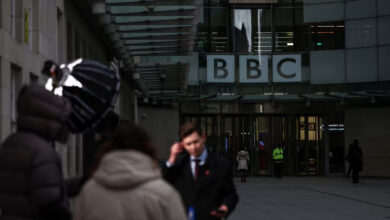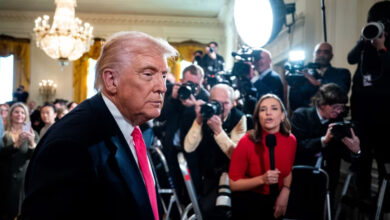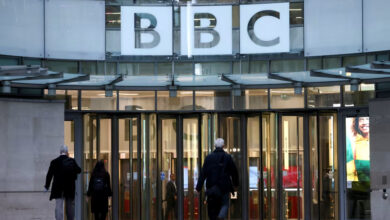A Fustat-based NGO is the first Egyptian organization to compete in the BBC's World Challenge, which rewards environmental and social projects worldwide.
BBC World News and Newsweek selected "El Nafeza" (The Window) as one of 12 finalists for the 2011 challenge.
The yearly competition, established in 2005, recognizes projects from around the world that improve environmental and social conditions in their communities through effective business methods.
El Nafeza has been transforming agricultural refuse – mostly rice straw – into paper for the past 15 years.
Every month, Ines Khamis, one of the organization's founders, purchases one to two tons of rice straw at the Friday market, which would otherwise be burned, polluting the air and contributing to Cairo's annual black cloud.
The NGO also has a strong social impact in the community as it primarily employs deaf and mute women to craft its picture frames, small notebooks, paper bins, gift bags, letter holders, lamps and postcards, which all bear the very recognizable rough grain of recycled paper.
“It is the first time that an Egyptian NGO participates in this World Challenge,” says an obviously proud Khamis.
She explains that the project is her life and that she wishes it would be reproduced by other green entrepreneurs in Egypt so that together these associations could significantly impact Cairo's pollution problem.
Francoise Michel, a French volunteer with the association, says the World Challenge approached the NGO from an environmental perspective before being drawn to the social aspect of integrating disabled employees. The project also has cultural ties as it uses ancient Pharaonic techniques of paper making.
On the competition's website, an interactive world map displays the various locations of the projects selected, accompanied by one-minute videos introducing the projects.
Whether it is a Fair Trade organic company in Paraguay that grows mate trees while protecting the forest and the local community’s lifestyle, an Indian company that turns domestic waste into biogas, or a UK-based NGO that raises money for charity by scrapping or selling unwanted cars, the videos provide an enlightening overview of some creative efforts.
Anyone can vote for a project on the website and give it a chance to win the US$20,000 prize. Khamis explains that if El Nafeza wins, she would like to move from the Fustat workshop, whose rent has become prohibitive over the years, to a house on the Nile island of Dahab.




